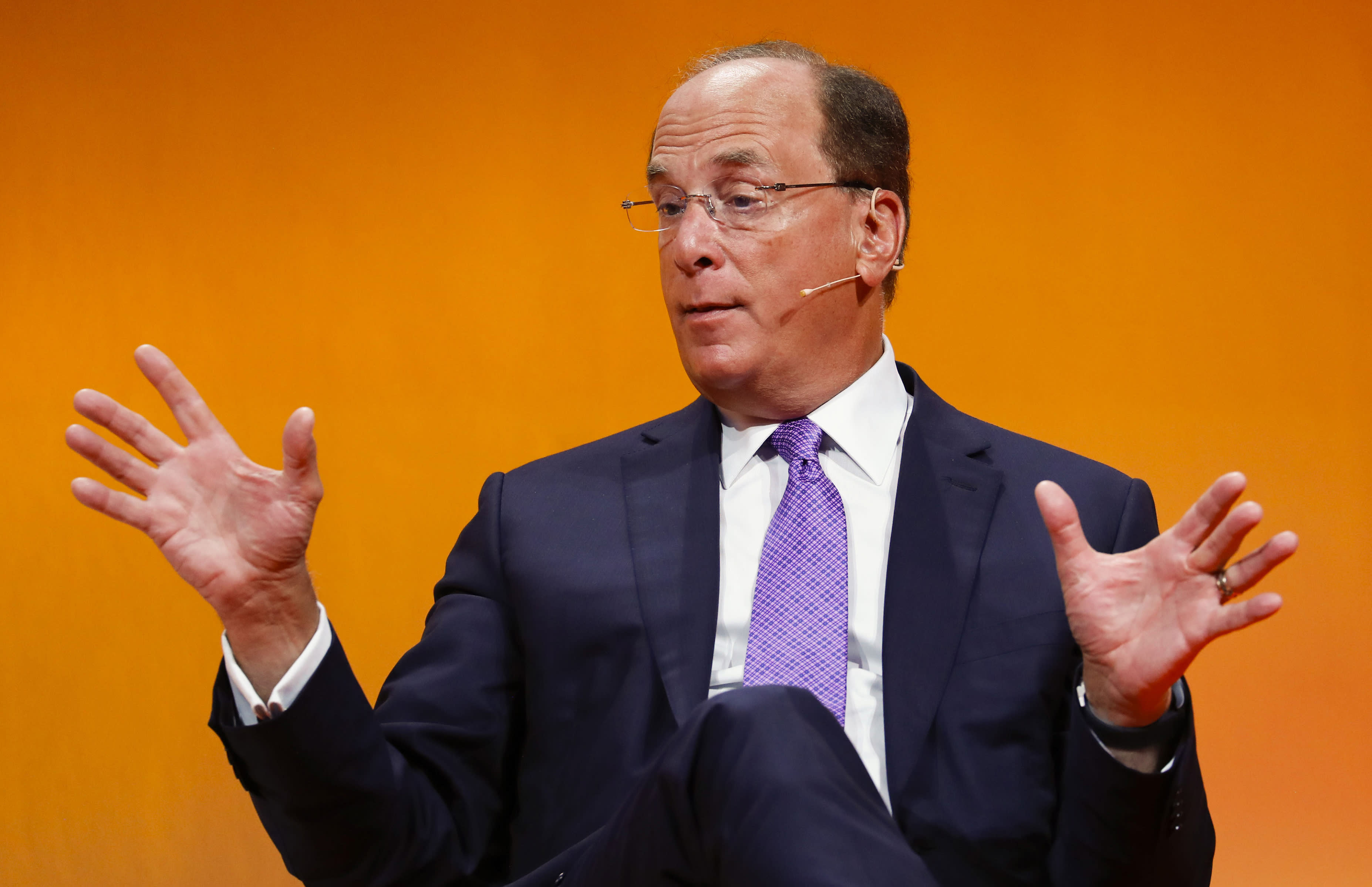The Russia-Ukraine war, according to BlackRock founder Larry Fink, is bringing the era of globalization to an end, but economists warn investors should keep in mind that the worldwide economy and financial system can’t flip on a dime.

Fink emphasized his belief in the benefits of globalization in his annual investor letter, which was posted on Thursday. Exposure to global capital, he claims, allows enterprises to fund growth, nations to make economic progress, and more people to enjoy financial security. However, the Russian invasion of Ukraine has put a stop to the globalization that has characterized the last three decades.
As a result of sanctions implemented by the United States, the European Union, and allies, Russia has been largely excluded from the global financial system, and many Western corporations have fled or ceased activities in the country as a result of its invasion of Ukraine. The economic war demonstrates what can be accomplished when businesses, with the support of their stakeholders, band together in the face of violence and hostility, according to Fink.
Russia’s aggressiveness in Ukraine and eventual decoupling from the global economy will push corporations and governments around the world to re-evaluate their dependence and re-analyze their production and assembling areas, Fink warned.
However, talk of separation gained traction during former US President Donald Trump’s administration’s trade conflict with China, a tendency Fink has highlighted in prior letters. Some analysts argue that if globalization is about to unravel, it makes sense to consider private investment, which for US investors would include firms whose earnings are mostly derived from domestic sales and whose assets are primarily based in the United States.
It’s also reasonable to predict increasing inflationary pressure as shorter supply chains raise costs.
In the near term, he added, the easiest trade this year has been to look at industries that have had years of underinvestment, such as energy and other materials, as well as infrastructure.
Since Russia’s invasion of Ukraine on February 24, commodity markets have been on a roller coaster ride, with oil benchmarks jumping to 14-year highs, dropping significantly, and then surging again to the upside this week. The U.S. benchmark, WTI crude, and the global benchmark, Brent crude, both remain well above $100 a barrel. With a year-to-date return of 42.25 percent, the energy stock sector is by far the best performer among the S&P 500 index’s 11 sectors.
Overall, US markets have struggled to start 2022, but have recovered from their lows. Over the last week, the S&P 500 gained 1.8 percent, while the Dow Jones Industrial Average gained 0.1 percent and the Nasdaq Composite gained 2 percent. The major indices were up for the second week in a row.
Traders proceeded to shrug off concerns related to war and heeded indications from Federal Reserve officials, notably Chairman Jerome Powell, who hinted that interest rates might be raised by more than 25 basis points, or a quarter percentage point, at subsequent sessions.
The tight labor market in the United States is expected to continue this week, with ADP releasing its forecast of March private-sector job growth on Wednesday and the Labor Department’s official employment data for the month due on Friday.
The February reading of the Fed’s favored inflation gauge, the personal consumption expenditure price index, will be released on Thursday. In January, the core PCE price index climbed 5.2 percent year over year, the fastest rate in 39 years.

Leave a Reply